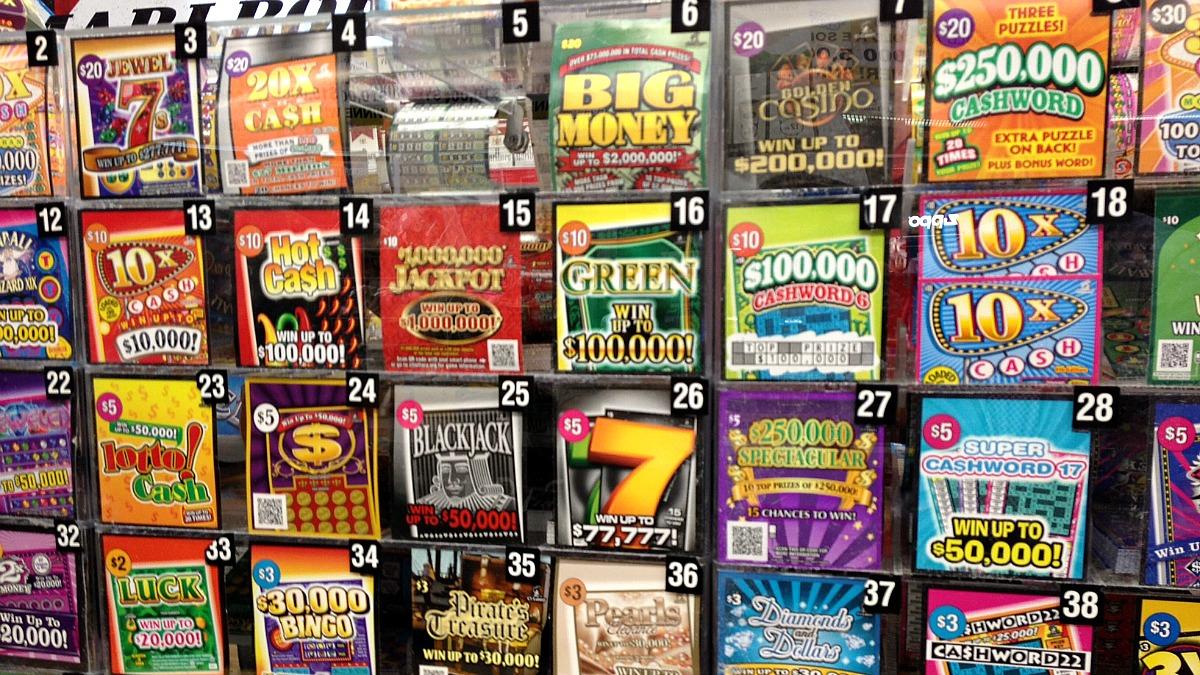In the vast tapestry of human desires, dreams of fortune often find their threads interwoven with the concept of the lottery. It’s a game that transcends borders, cultures, and socioeconomic backgrounds, offering a tantalizing glimpse into the realm of unimaginable wealth messipoker. Yet, beneath its shimmering surface lies a complex amalgamation of psychology, mathematics, and chance.
The allure of the lottery can be traced back through the annals of history, where ancient civilizations engaged in various forms of drawing lots to distribute resources or determine fate. However, it wasn’t until the Renaissance period that the modern lottery, as we recognize it today, began to take shape. From then on, its evolution has been inexorable, morphing into a global phenomenon that captures the imagination of millions.
At its core, the lottery embodies the essence of hope—a beacon of possibility shining amidst the mundane realities of everyday life. For many, purchasing a ticket isn’t merely an act of gambling; it’s an investment in a future brimming with promise. The anticipation leading up to the draw is palpable, each number representing a potential pathway to a life transformed.
But what fuels this enduring fascination with a game that, statistically speaking, offers slim chances of success? Psychologists posit that the allure of the lottery lies in its ability to ignite the imagination, allowing individuals to momentarily transcend their circumstances and envision a world where financial worries cease to exist. It’s a form of escapism, a brief respite from the rigors of existence.
Moreover, the lottery serves as a testament to the human propensity for optimism, even in the face of overwhelming odds. Despite being aware of the infinitesimal likelihood of winning, millions continue to partake, buoyed by the belief that, somehow, fate will smile upon them. It’s this unwavering faith in the possibility of a better tomorrow that sustains the lottery’s enduring appeal.
Yet, beneath the veneer of hope and aspiration lies the stark reality of probability. Mathematicians and statisticians have long scrutinized the mechanics of the lottery, seeking to unravel its intricacies and discern patterns within the chaos. Through rigorous analysis, they’ve elucidated the daunting odds stacked against hopeful participants, highlighting the inherent randomness that governs each draw.
Indeed, the lottery is the quintessence of randomness—a veritable symphony of chance where every number holds equal sway. Contrary to popular belief, there are no lucky numbers or foolproof strategies that guarantee success. Each draw is an independent event, unaffected by previous outcomes—a concept encapsulated in the notion of “the gambler’s fallacy,” wherein individuals erroneously believe that past results influence future probabilities.
Despite this, the lottery continues to captivate and enthrall, transcending its utilitarian purpose of wealth distribution to become a cultural phenomenon in its own right. From songs extolling the virtues of hitting the jackpot to movies depicting the transformative power of newfound riches, its influence permeates every facet of society.
In the end, the lottery remains an enigma—a paradoxical blend of luck, hope, and probability. It embodies the human condition in its purest form, reflecting our innate desire for a better, more prosperous future.
